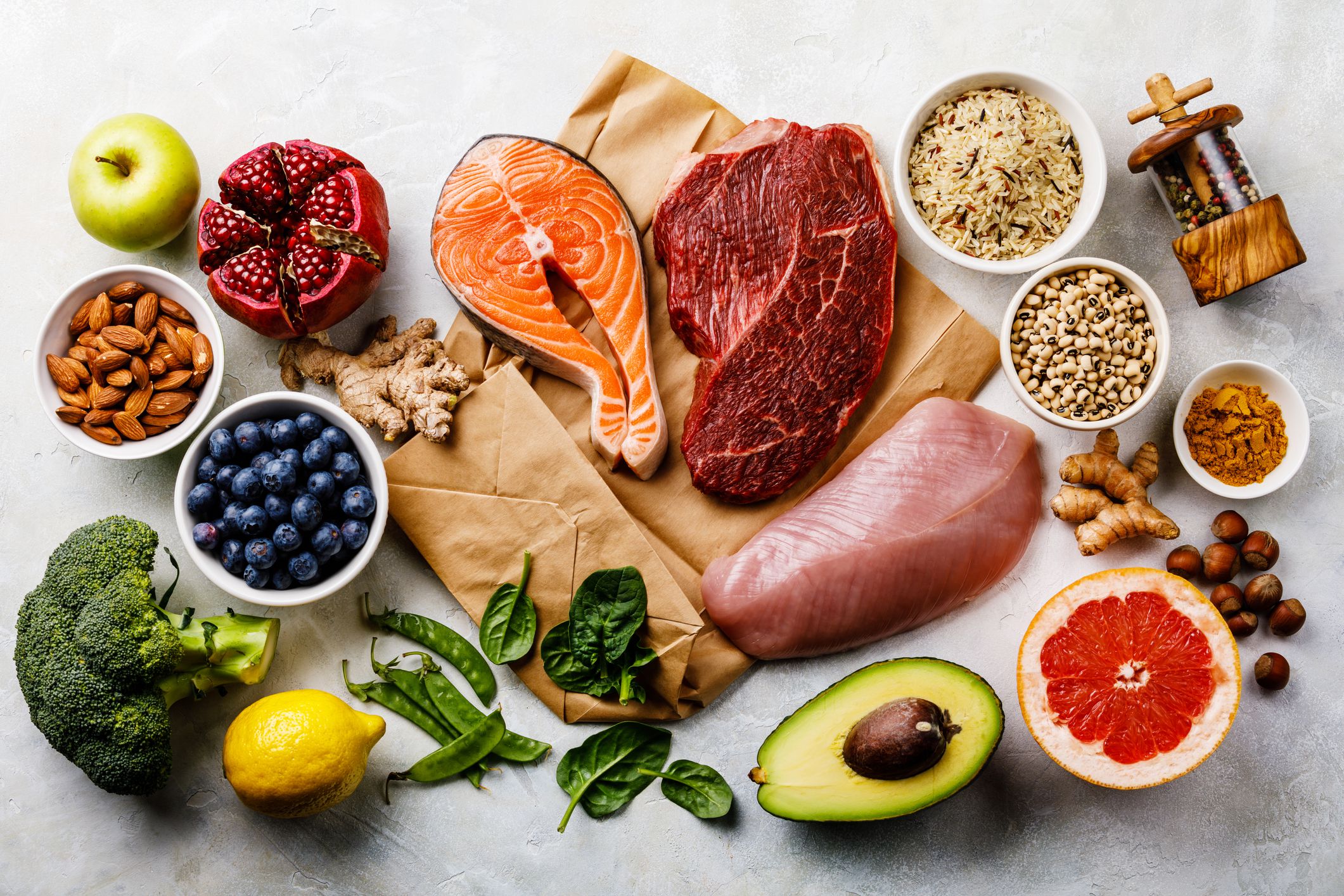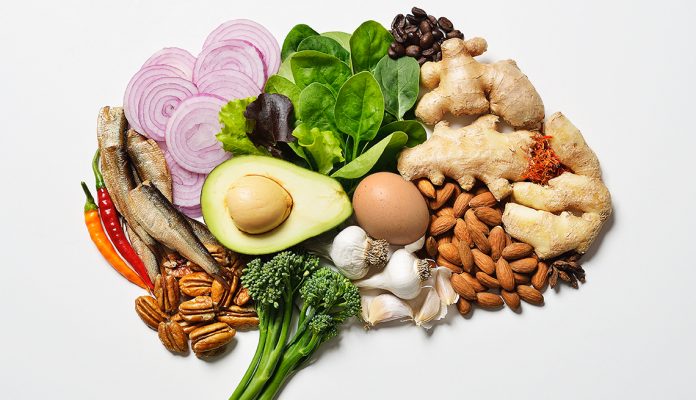As more people choose to cook at home, it might seem like a positive shift towards homemade meals. However, an unexpected consequence has emerged: a surge in reliance on comfort and convenience store foods.
With the demands of work and family responsibilities, many parents find themselves seeking quick and affordable meal solutions. Convenience store offerings fit the bill perfectly, providing instant comfort at low prices. Yet, this convenience comes with a cost to both physical and mental well-being.
Research now suggests a strong link between diet and mental health, challenging previous assumptions. Diets rich in fruits, vegetables, whole grains, and healthy fats, like those found in the Mediterranean diet, have been associated with lower rates of depression. Recent studies highlight the role of dietary fiber in gut health, further underlining the connection between diet and mental well-being.
Even small dietary changes can have a significant impact on mood, making healthy eating essential for maintaining nutrition and health.
Here are quick tips for healthy eating:
- Getting your 5 a day. This meant eating the daily amount of 5 servings of fruits and vegetables. It’s one of the most important points in this paragraph, for vegetables and fruit contain a lot of the minerals, vitamins and fiber we need to keep us physically and mentally healthy.

- Looking after your gut. Looking after your gut is also another point worth stressing on, as the state of your gut reflects how you are feeling emotionally. Stress and anxiety can cause your gut to slow down or speed up. But you can counter that by taking care of your gut: eat plenty of fibers, fluid and exercise regularly. Other than that, you will also need to eat fruits, vegetables, beans, live yogurt and other probiotics. Be warned that it might take your gut time to get used to a new eating pattern, so make changes slowly to give yourself time to adjust.
- Getting enough protein. Protein is an important nutrient as it contains amino acids, which make up the chemicals your brain needs to regulate your thoughts and feelings. For more protein intake, consume more of lean meat, fish, eggs, cheese, legumes (peas, beans and lentils), soya products, nuts and seeds.
 Managing caffeine. Caffeine is a stimulant that affects the central nervous system and can give you a quick burst of energy. Many drink it to remain awake and alert as well as manage drowsiness, headaches, and migraines. However, on the downside, drinking it can react negatively towards some people including making you feel anxious, depressed or give you withdrawal symptoms if you stop suddenly. Caffeine is in: tea, coffee, chocolate, cola and other manufactured energy drinks. If you drink tea, coffee or cola regularly, try switching to decaffeinated versions. You might feel noticeably better quite quickly if you drink less caffeine or avoid it altogether.
Managing caffeine. Caffeine is a stimulant that affects the central nervous system and can give you a quick burst of energy. Many drink it to remain awake and alert as well as manage drowsiness, headaches, and migraines. However, on the downside, drinking it can react negatively towards some people including making you feel anxious, depressed or give you withdrawal symptoms if you stop suddenly. Caffeine is in: tea, coffee, chocolate, cola and other manufactured energy drinks. If you drink tea, coffee or cola regularly, try switching to decaffeinated versions. You might feel noticeably better quite quickly if you drink less caffeine or avoid it altogether.
 Eating the right fats. Fatty acids (such as omega-3 and -6) are crucial in order to keep the brain working well. The key is to eat the right fats rather than avoid fats altogether. Healthy fats are found in: oily fish, poultry, nuts (especially walnuts and almonds), olive and sunflower oils, seeds (such as sunflower and pumpkin), avocados, milk, yogurt, cheese and eggs.
Eating the right fats. Fatty acids (such as omega-3 and -6) are crucial in order to keep the brain working well. The key is to eat the right fats rather than avoid fats altogether. Healthy fats are found in: oily fish, poultry, nuts (especially walnuts and almonds), olive and sunflower oils, seeds (such as sunflower and pumpkin), avocados, milk, yogurt, cheese and eggs.
- Avoid ‘trans fats’ or ‘partially hydrogenated oils’. Finally, try to avoid eating ‘trans fats’ or ‘partially hydrogenated oils’. This may not be easy as it is in the list of ingredients of most comfort foods such as shop-bought cakes and biscuits. A new research has found that eating too much trans fats is linked to increased risk of depression. It may seem tempting when you are feeling low, but this kind of fat isn’t good for your mood or your physical health in the long run.






